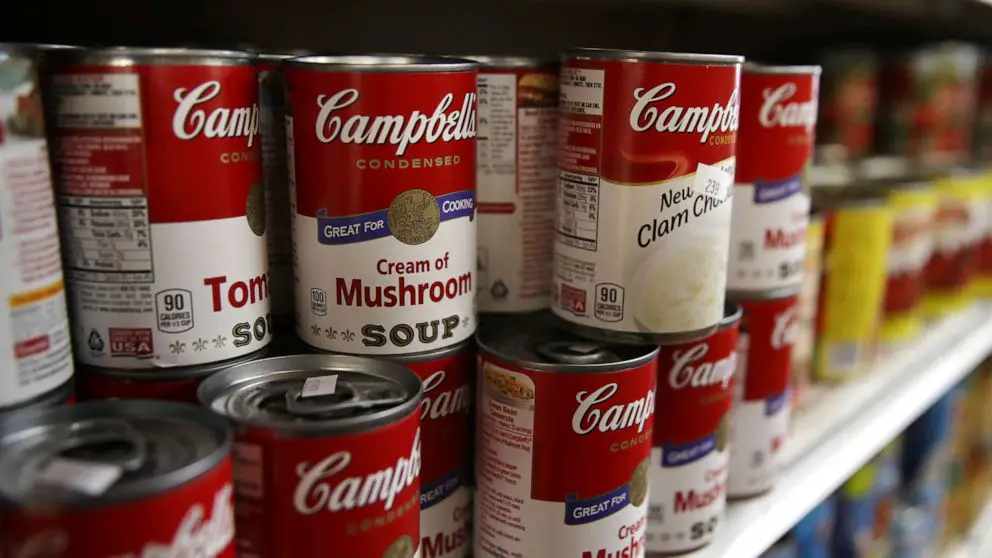For nearly two centuries, Campbell’s Soup has been a comforting presence in American homes. Its iconic red-and-white cans are a cultural symbol of simplicity and convenience. However, in recent years, the company has faced mounting challenges, including shifting consumer preferences, financial burdens, and internal disputes. The question remains: Can Campbell’s adapt to a rapidly changing market while preserving its legacy?
Evolving Consumer Preferences
The food industry is seeing a major shift toward healthier and more transparent options. Many consumers now prioritize organic, plant-based, and minimally processed foods, leaving traditional products like Campbell’s soups struggling to keep pace. Staples such as chicken noodle and tomato soup, once synonymous with comfort, now face stiff competition from ready-to-eat meals and health-conscious brands offering better nutritional profiles.
This shift has impacted Campbell’s financial performance, pushing the company to find innovative ways to stay relevant.
Expanding the Brand Portfolio
To meet modern demands, Campbell’s expanded its offerings by acquiring brands like Bolthouse Farms and Snyder’s-Lance. These acquisitions introduced healthier snacks, plant-based foods, and fresh juices to their portfolio. While this diversification seemed promising, it came at a significant cost. The company accumulated $9 billion in debt to finance these expansions, straining resources needed for further innovation and marketing.
The financial burden has been a double-edged sword, offering new opportunities while limiting the company’s ability to compete effectively in a rapidly evolving marketplace.
Internal Struggles Add Complexity
Campbell’s challenges are not limited to external pressures. Internal conflicts within its leadership have further complicated matters. The Dorrance family, long-time owners of 40% of the company, are at odds with activist investor Daniel Loeb, who holds a 7% stake.
Loeb has criticized Campbell’s for failing to modernize and suggested rebranding its iconic red-and-white cans. While some see this as a necessary step to align with current trends, others view it as an attack on the company’s heritage. The disputes have led to legal battles and public disagreements, diverting attention from pressing external challenges.
Steps Toward Resolution
In an attempt to move forward, Campbell’s has agreed to appoint directors recommended by Loeb’s Third Point firm. This decision signals a willingness to embrace fresh ideas and perspectives. However, the road to recovery is far from straightforward.
Key steps for Campbell’s include:
- Revamping Product Lines: Developing healthier, trend-aligned options while preserving the nostalgia of its classic soups.
- Reducing Debt: Prioritizing financial restructuring to regain flexibility for growth and innovation.
- Resolving Internal Conflicts: Building consensus among stakeholders to ensure unified leadership.
- Thoughtful Rebranding: Modernizing its image without alienating loyal customers who value its tradition.
The Future of an Icon
Campbell’s Soup is more than a product; it is a cultural touchstone, celebrated in pop art and cherished in family traditions. However, nostalgia alone cannot sustain its relevance in today’s competitive market. The company must strike a delicate balance between tradition and innovation to secure its future.
Conclusion
Campbell’s Soup faces an uphill battle, with significant hurdles threatening its survival. Yet, recent efforts suggest that the company is not giving up. The journey to reinvention will determine whether Campbell’s can preserve its legacy while evolving to meet modern demands. This transformation is not just about corporate survival—it is about protecting a piece of American culinary history.

